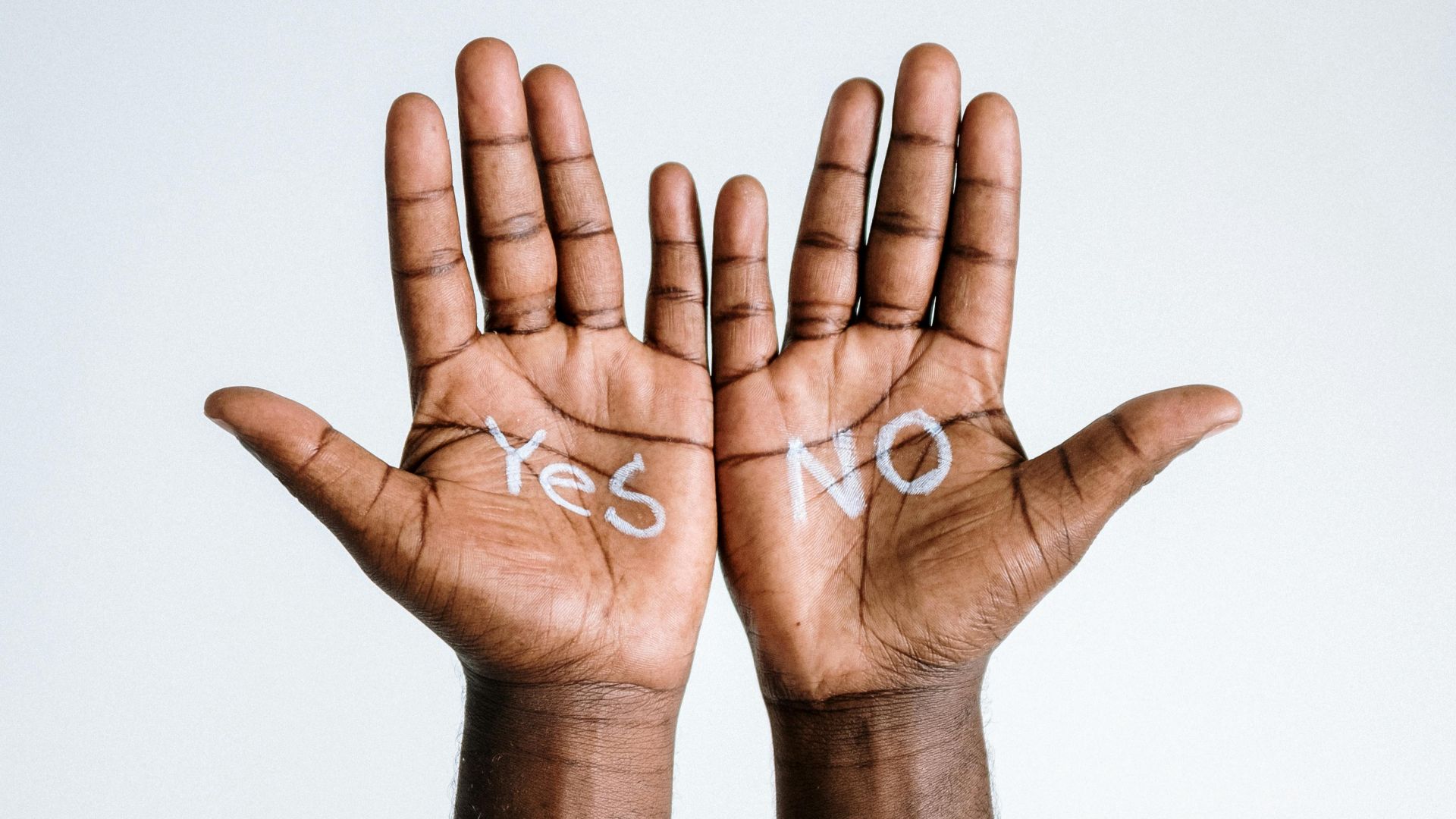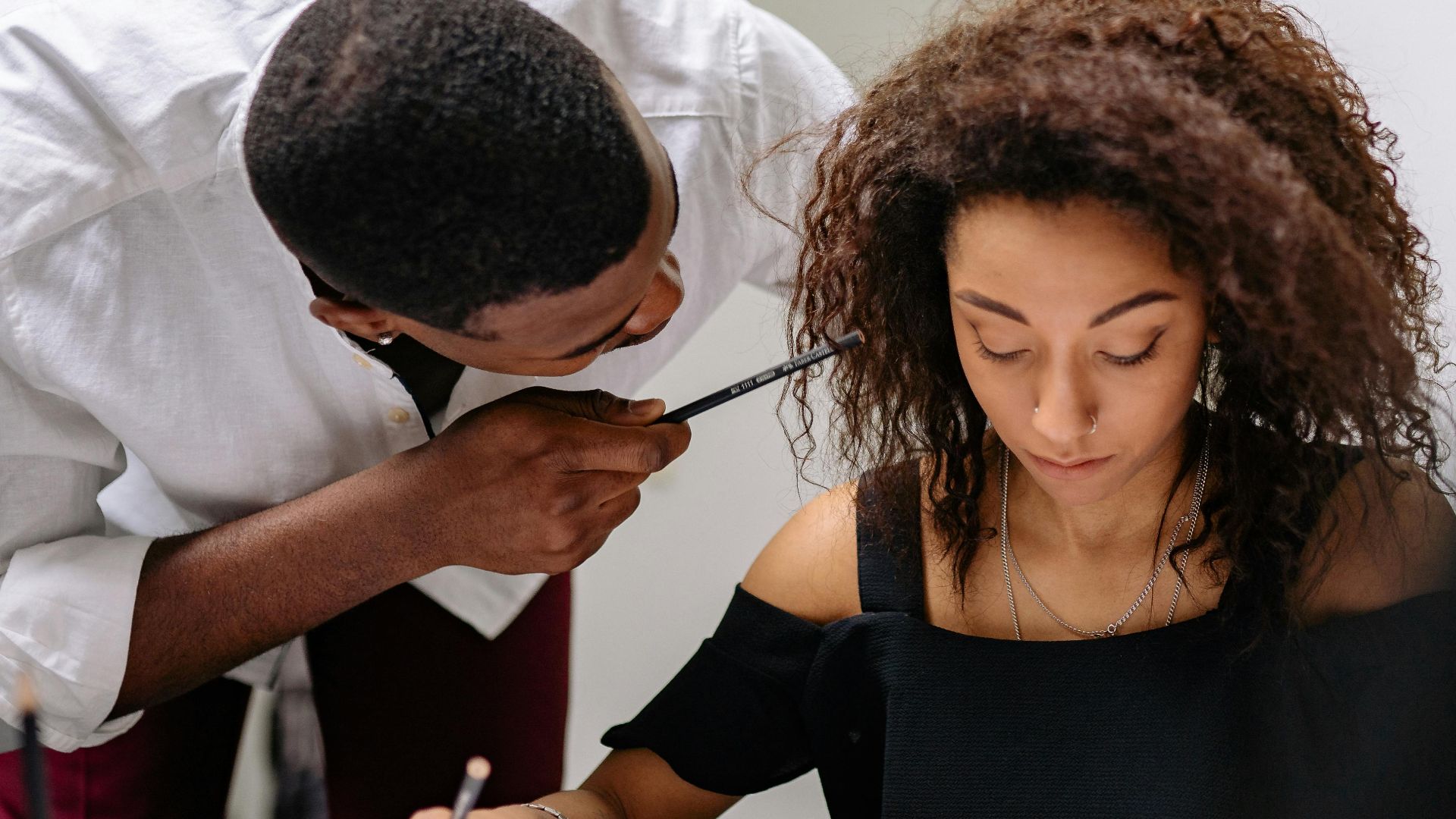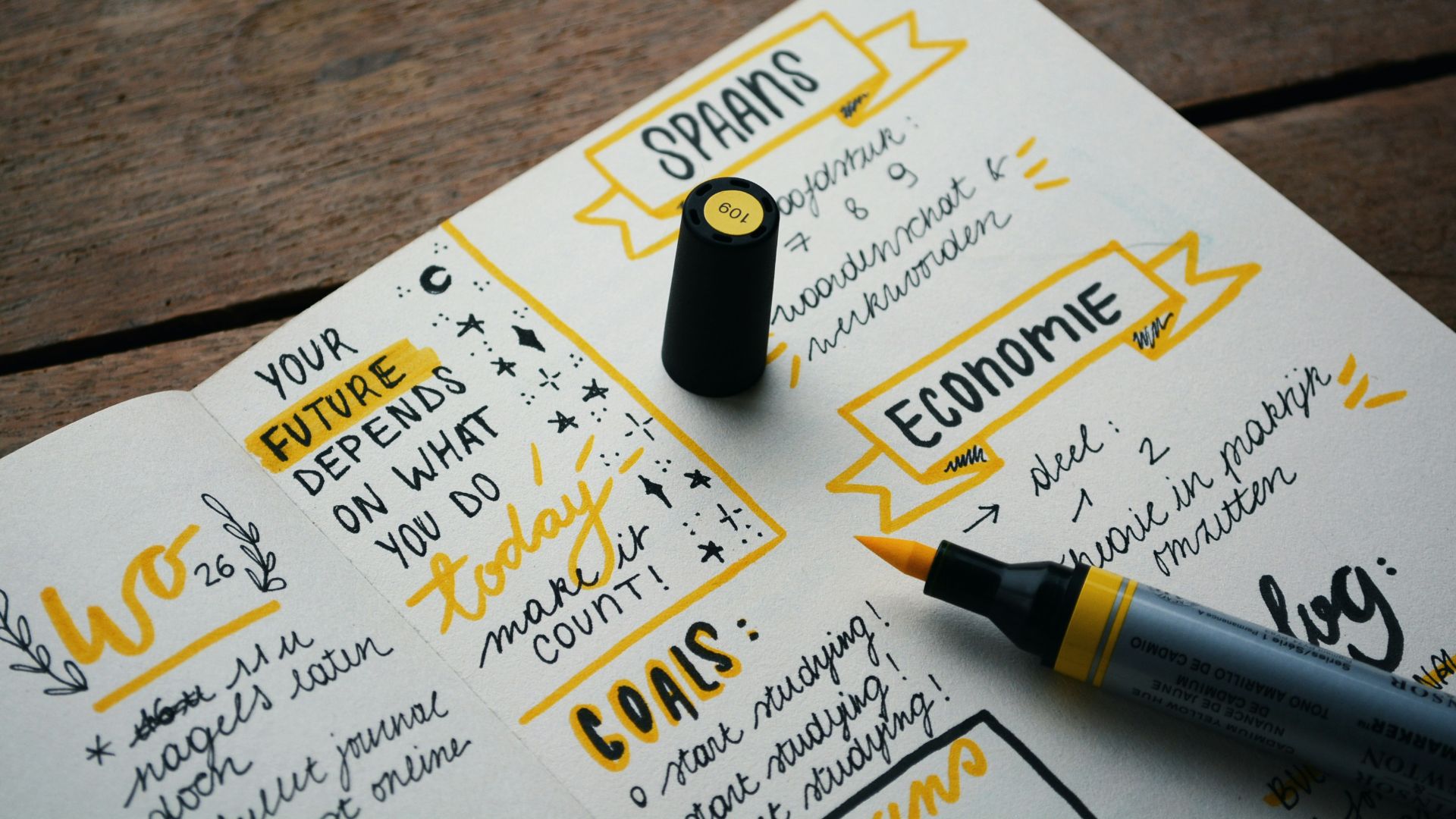When Helping Others Hurts You
Do you constantly put the needs of others before your own? Do you often feel responsible for other people's feelings and overthink everything you say? If you answered yes to both, you might be a people-pleaser—and you're not alone. Even if you think you're just trying to be kind, there's a difference between being a nice person and letting others walk all over you. If this sounds like you, here are 10 telltale signs of people-pleasing to watch out for and 10 ways to break the cycle.
 Antoni Shkraba Studio on Pexels
Antoni Shkraba Studio on Pexels
1. You Say "Yes" When You Mean "No"
A clear sign you're a people-pleaser is when you find you can't say "no" no matter what. Even when you can't do something, the word "yes" slips out of your mouth before you can even stop it. This only adds more stress to what you've already got on your plate, but the worst part? You'll still say "yes" next time, too.
2. You're Always Apologizing
Even when you're not exactly at fault or something happens outside of your control, you take the full blame for it. You don't just say sorry once, either—you apologize excessively. Oftentimes, it's because you don't want to disappoint others—a classic sign of people-pleasing.
3. You Overthink Everything You Say
You meticulously word your greetings and replies that could never be misconstrued; after all, the last thing you'd want is for someone to think you're being rude when that wasn't your intention at all. And even after the words are out, you still overthink, wondering if you could've rephrased something better.
4. You Overthink Others' Reactions
After spending far too much time analyzing if you said the right thing in the right way, the next stage is similar but even more anxiety-inducing: you overthink others' reactions. Maybe you said hello to a coworker only for them not to return the greeting. Instead of brushing the interaction off as them having a bad day, you start to think about whether they secretly dislike you or if your tone sounded rude.
5. You Need Others to Like You
Why do people-pleasers feel the need to people-please? Well, because they need others to like them. In fact, they can't stand the thought of someone disliking them. If someone were to feel that way toward them, they'll wonder if it was something they accidentally said or did that came off rude.
6. You Feel Guilty When You Prioritize Yourself
As a people-pleaser, in the rare times you do prioritize your own needs before others', you immediately feel guilty. You might even backtrack and decide after all that you will take on that extra task, or that you will go to a dinner that's extremely out of your way.
7. You Fear Being Criticized
People-pleasers are scared of being criticized. They hate to have others think that they've done something wrong, or that they need to be corrected. In their minds, they need to be absolutely perfect; any less and they start to question their own worth, which makes them constantly seek approval and validation.
8. You Suppress Your Inner Feelings
Even when you feel differently about a subject or something is bothering you, you suppress your true feelings to maintain the status quo. You'd much rather keep the peace than rock the boat, not only because you think it's easier, but also because you're afraid of...
9. You Fear Conflict
That's right: you fear conflict. And when you're scared of disrupting the equilibrium, you tend to stay quiet instead, even if that means hiding your true emotions. To keep everyone happy, you'll blindly agree to any opinion, thought, or request.
10. You Feel Responsible for People's Actions & Feelings
People-pleasers are incredibly attuned to the feelings of those around them. In fact, they even feel responsible for others' emotions, actions, and behaviors, going as far as to apologize for someone else to take the blame. That's why people-pleasers try so hard to make sure they do everything right, even if it's at the cost of their own comfort and peace.
Now that you're familiar with some of the common signs of people-pleasing, what are some ways to overcome the habit? Here are 10 tips on how to break the cycle:
1. Start Saying "No" More
Saying "no" might seem difficult at first, but you can start small. For example, if a friend texts you to ask if you can take their work shift and you already have something planned that day, simply say that you can't. As you build confidence, you can start telling people "no" in person.
2. Embrace Discomfort
People-pleasers hate discomfort, which is why they often do everything they can to avoid it. But you have to realize that some things are just out of your control. Plus, the more you let yourself accept and embrace these uneasy feelings, the easier it'll get next time.
3. Set Clear Boundaries
After you've gotten into the groove of saying "no" more, start setting clear boundaries. If something is beyond your abilities and what you're comfortable doing or taking on, communicate your limits. This allows you to take back control of your life.
4. Practice Positive Self-Talk
Instead of letting your inner critic overshadow the positive voice in your head, practice healthy self-talk whenever you can. Celebrate your wins, small or big, and remind yourself that you deserve to have time for yourself and space to build your own goals.
5. Know Your Priorities
It might be hard for people-pleasers to put themselves before others, but knowing your priorities can help. Ask yourself these questions: What goals are you trying to accomplish? Is this something you truly want to do? Do you have the energy for it, and do you even want to dedicate your energy toward it? If it's something you don't want to devote your time and efforts to, simply say no.
6. You're Human, Not a Robot
Remember: you're only human. You have your own thoughts, feelings, and responsibilities, and you—like everyone else—are bound to make errors sometimes. You're not perfect, so don't try to be. Plus, it's important to realize that mistakes foster growth.
7. Think Before Agreeing
Before you immediately agree to something, take a pause and realize you have a choice. You don't have to say yes if you can't or don't want to do it. By giving yourself a moment to assess the request and your abilities, you'll be able to make better-informed decisions.
8. Help When You Want To
This might sound unkind, but it's important not to tire yourself out by trying to help everyone with everything. There's only so much you can do at any one time, and you shouldn't feel like you're obligated to do something. Allocate your time and energy toward things that make you happy to be a part of, and don't simply agree to do things just because you're afraid of rejection or disappointing others.
9. Remember That Healthy Relationships Should Be Reciprocal
Before you agree to yet another request your friend makes, ask yourself whether the relationship you have with them is a healthy, reciprocal one. If one person is always taking and the other is always giving, you might be in a one-sided relationship, and it's probably best to let it go if they never offer the same effort and energy back.
 Priscilla Du Preez 🇨🇦 on Unsplash
Priscilla Du Preez 🇨🇦 on Unsplash
10. Reach Out for Support
If you need additional support on how to overcome your people-pleasing tendencies, reach out to a professional. A counsellor or therapist can offer personalized guidance, advice, and strategies that help motivate you and allow you to make better progress with your goals.


























